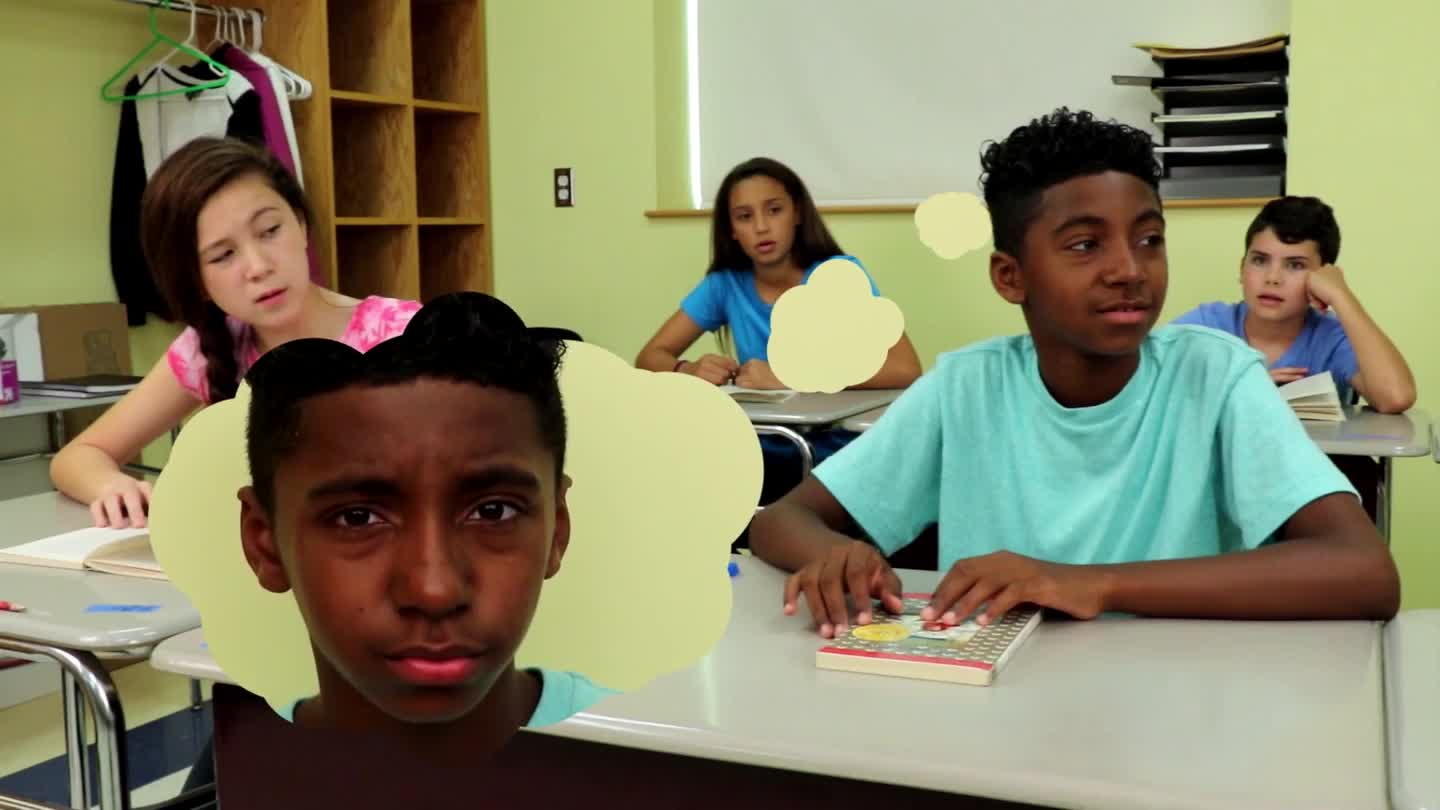Introduction
For students in Special Education, staying focused during group discussions can be challenging. It’s easy for their minds to wander, leading to a lack of participation and understanding. This blog post will introduce an engaging no-prep activity, discussion questions, and related skills to help educators guide their students in improving their focus during group discussions. By following along, focusing on what’s being said, and trying to answer questions in their heads, students can gain more practice and identify areas where they need help.
No-Prep Activity
The “Silent Answers” activity requires no preparation or materials from the educator. The goal is to encourage students to stay focused during group discussions and practice answering questions in their heads. Here’s how it works:
- Begin a group discussion on a topic relevant to the class.
- Ask a series of questions related to the topic, but instruct students to keep their answers to themselves.
- Continue the discussion, occasionally asking students to share their silent answers out loud.
- After the discussion, ask students to reflect on their level of focus and whether they were able to answer the questions in their heads.
This activity helps students develop their focus and active listening skills while also providing an opportunity for them to practice answering questions without the pressure of being called on.
Discussion Questions
To stimulate further discussions and reinforce the importance of staying focused during group discussions, consider asking the following questions:
- What strategies can you use to stay focused during group discussions?
- How does staying focused and answering questions in your head help you learn the material?
- What challenges do you face when trying to stay focused during group discussions?
- How can you support your classmates in staying focused during group discussions?
- What improvements have you noticed in your understanding of the material when you stay focused during group discussions?
Related Skills
In addition to improving focus during group discussions, students can also benefit from developing other relevant skills, such as:
- Active listening: Paying close attention to what others are saying and responding appropriately.
- Self-awareness: Recognizing one’s own emotions, strengths, and areas for improvement.
- Collaboration: Working effectively with others to achieve common goals.
- Self-regulation: Managing emotions and behaviors in response to different situations.
Next Steps
If you’re interested in exploring more activities and resources to help your students develop their focus and other essential social-emotional skills, we invite you to sign up for free samples of our materials. Visit Everyday Speech’s Sample Materials page to access a range of valuable resources designed to support educators working with students in Special Education.






